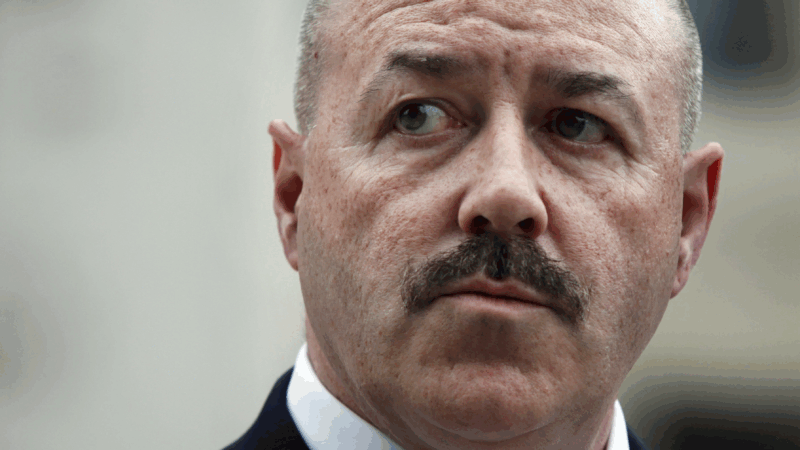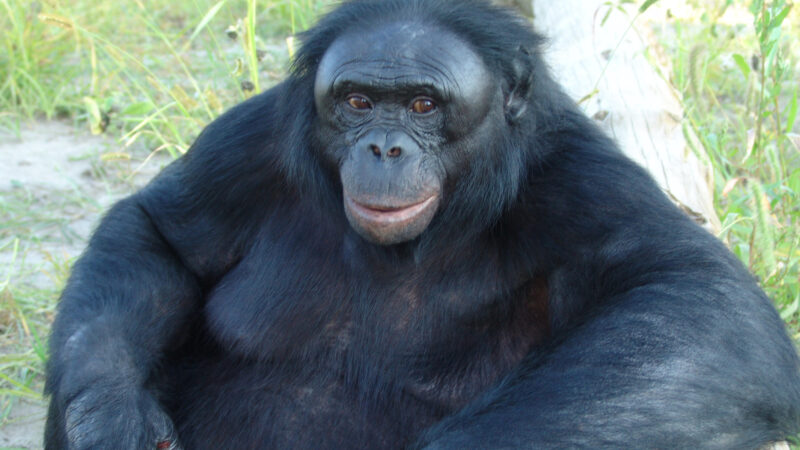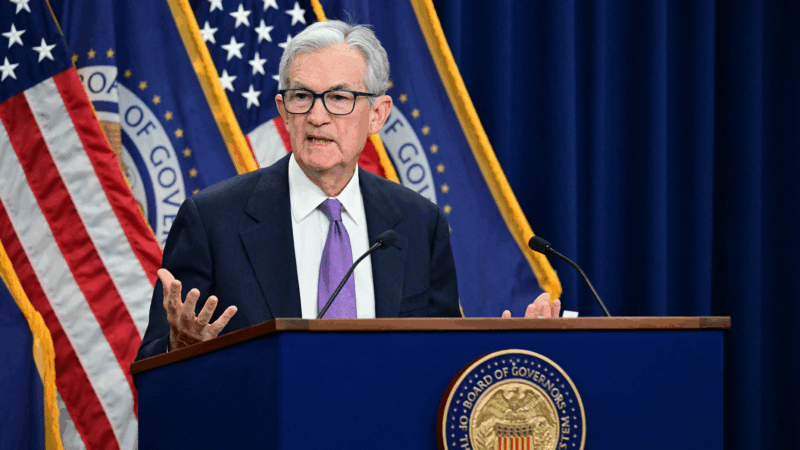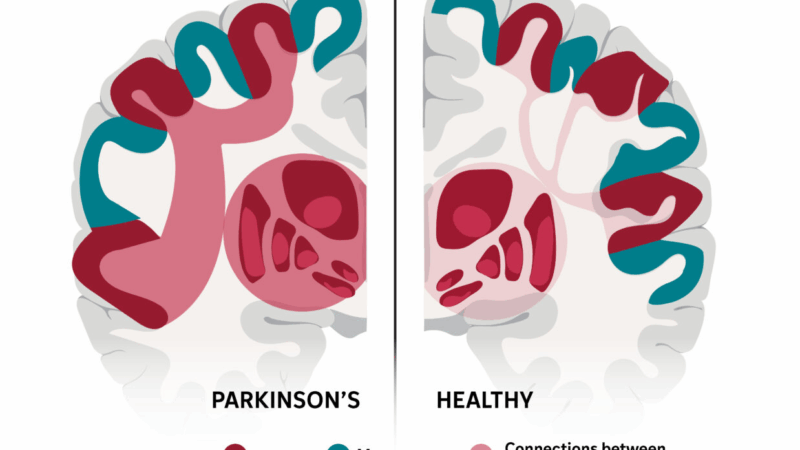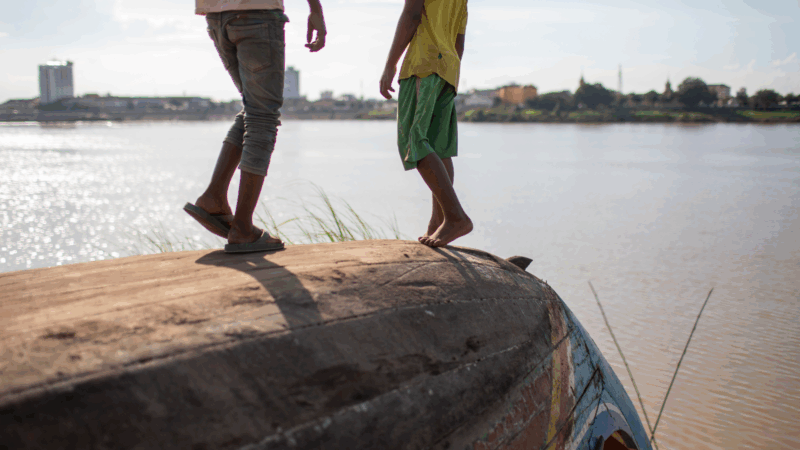Bernard Kerik, who led NYPD on 9/11 before prison and pardon, has died at 69
NEW YORK — Bernard Kerik, who served as New York City’s police commissioner on 9/11 and later pleaded guilty to tax fraud before being pardoned, has died. He was 69.
The New York Police Department confirmed his death Thursday on social media. FBI Director Kash Patel said his death came “after a private battle with illness.”
Former New York City Mayor Rudy Giuliani reflected on his long history with his former police commissioner on his show Thursday.
“We’ve been together since the beginning. He’s like my brother,” Giuliani said through tears. “I was a better man for having known Bernie. I certainly was a braver and stronger man.”
Kerik, an Army veteran, was hailed as a hero after the 9/11 attack and eventually nominated to head the U.S. Department of Homeland Security, before a dramatic fall from grace that ended with him behind bars.
He pleaded guilty to federal tax fraud and false statement charges in 2010. The charges stemmed partially from over $250,000 in apartment renovations he received from a construction firm that authorities say counted on Kerik to convince New York officials it had no organized crime links.
During Kerik’s sentencing, the judge noted that he committed some of the crimes while serving as “the chief law enforcement officer for the biggest and grandest city this nation has.”
He served three years in prison before his release in 2013.
President Donald Trump pardoned Kerik during a 2020 clemency blitz. Kerik was among the guests feting Trump after his first appearance in federal court in Florida in a case related to his handling of classified documents, attending the former president’s remarks at his Bedminster, New Jersey, club.
Kerik was appointed by Giuliani to serve as police commissioner in 2000 and was in the position during the Sept. 11, 2001, attack.
In Kerik’s 2015 book, “From Jailer to Jailed,” he described becoming “America’s Top Cop” after the attack.
“But I’d give anything for that day not to have happened. I wish it hadn’t. But it did,” he wrote. “And I happened to be there at the time. I was there, and I did the best I could do under the circumstances. It’s all any of us did.”
He was tapped by President George W. Bush to help organize Iraq’s police force in 2003, then nominated to head the U.S. Department of Homeland Security the following year.
But Kerik caught the administration off guard when he abruptly withdrew his nomination, saying he had uncovered information that led him to question the immigration status of a person he employed as a housekeeper and nanny.
In 2005, Kerik founded the Kerik Group, a crisis and risk management consulting firm.
He later worked for the former mayor of New York City surrounding the efforts to overturn Trump’s 2020 loss.
Patel described Kerik in a post on social media as “a warrior, a patriot, and one of the most courageous public servants this country has ever known.”
“He was decorated more than 100 times for bravery, valor, and service, having rescued victims from burning buildings, survived assassination attempts, and brought some of the world’s most dangerous criminals to justice,” he said. “His legacy is not just in the medals or the titles, but in the lives he saved, the city he helped rebuild, and the country he served with honor.”
Kerik grew up in Paterson, New Jersey, where he dropped out of the the trouble-filled Eastside High School later depicted in the 1989 film “Lean on Me.”
He joined the Army, where he became a military policeman stationed in South Korea. He went on to work private security in Saudi Arabia before returning stateside to supervise a jail in New Jersey.
He joined the NYPD in the late 1980s. He was tapped in the 1990s to run New York’s long-troubled jail system, including the city’s notorious Riker’s Island complex.
Judge rules 7-foot center Charles Bediako is no longer eligible to play for Alabama
Bediako was playing under a temporary restraining order that allowed the former NBA G League player to join Alabama in the middle of the season despite questions regarding his collegiate eligibility.
American Ben Ogden wins silver, breaking 50 year medal drought for U.S. men’s cross-country skiing
Ben Ogden of Vermont skied powerfully, finishing just behind Johannes Hoesflot Klaebo of Norway. It was the first Olympic medal for a U.S. men's cross-country skier since 1976.
An ape, a tea party — and the ability to imagine
The ability to imagine — to play pretend — has long been thought to be unique to humans. A new study suggests one of our closest living relatives can do it too.
How much power does the Fed chair really have?
On paper, the Fed chair is just one vote among many. In practice, the job carries far more influence. We analyze what gives the Fed chair power.
This complex brain network may explain many of Parkinson’s stranger symptoms
Parkinson's disease appears to disrupt a brain network involved in everything from movement to memory.
‘Please inform your friends’: The quest to make weather warnings universal
People in poor countries often get little or no warning about floods, storms and other deadly weather. Local efforts are changing that, and saving lives.

